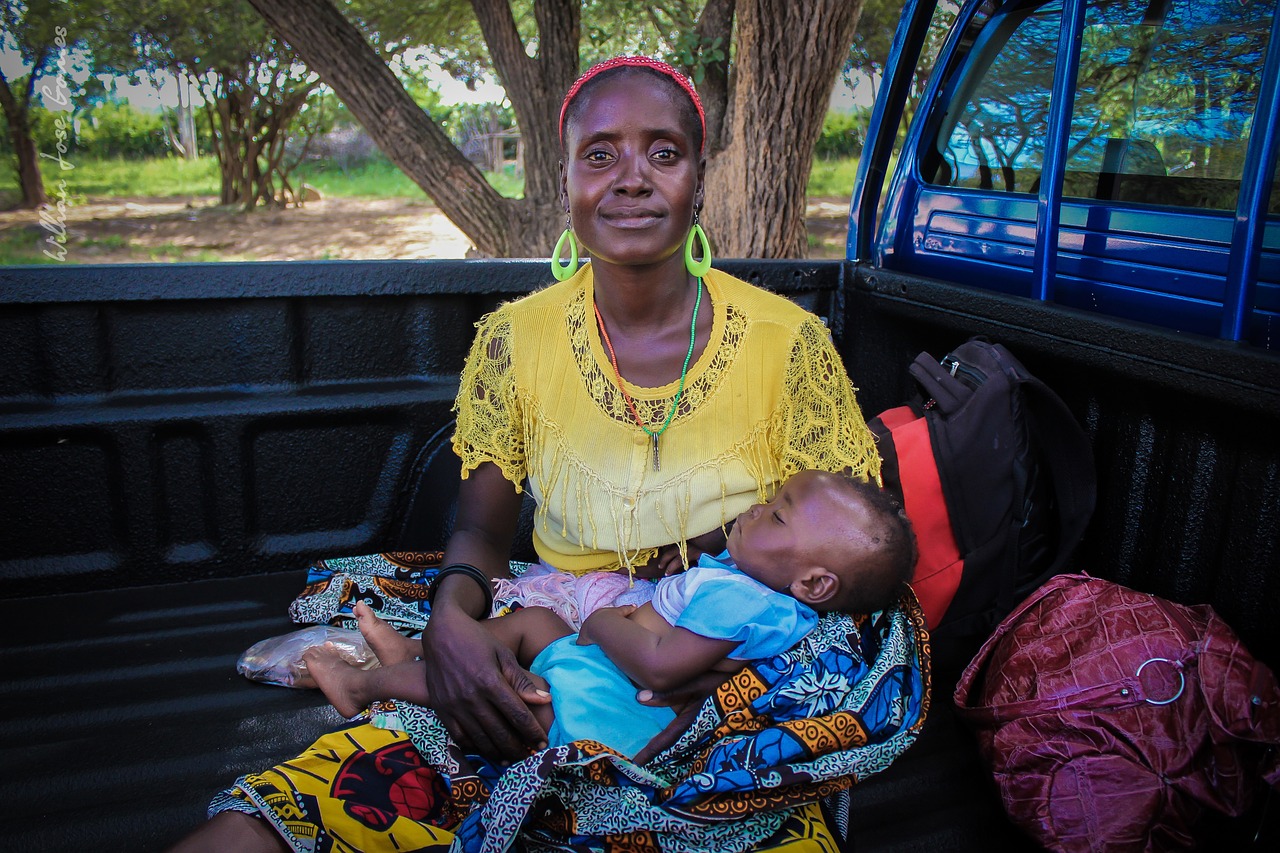the role of nurses in intersectional reproductive health outcomes

Consistent, quality healthcare is neither a luxury nor a choice. It is a fundamental human right. And yet, around the world, far too many women continue to be denied access to this basic human need. This is particularly true when it comes to sexual and reproductive health.
High maternal and infant mortality continue to plague the human family. And the problem is by no means confined to impoverished and developing nations. The world’s wealthiest countries, those with the most sophisticated healthcare systems, continue to report appalling reproductive health outcomes. As recently as 2018, for example, Australia reported a maternal death rate of five per 100,000 births.
The devastating gap between national wealth, science and technology, and reproductive health outcomes derives from the complex intersection of class, race, gender disparities, and oppression. Nurses, though, can play a critical role in identifying and mitigating the risk of intersectional reproductive healthcare.
Intersectional Identities and Reproductive Healthcare Disparities
Medicine is, or is intended to be, a preeminently moral profession. Its mission is to heal, to comfort, or, at the very least, to do no harm. Across the globe, however, persistent and pervasive inquiries into health outcomes for women, minorities, and the poor speak to the continuing and often systemic biases against these communities.
Nowhere is this more evident than in the arena of reproductive health. Modern history is replete with notorious examples of poor and/or minority women being denied access to quality reproductive and prenatal care.
Indeed, throughout the 20th century, reproductive medicine was used less to help intersectional women than to control and contain them. The first contraceptives, for example, were tested and distributed to minority women before being approved for the mass market.
In many nations, including the U.S. and Australia, these same communities — comprised of people who are poor, part of the racial or ethnic minority, or are disabled — were subjected to a more permanent form of birth control: forced sterilisation. The practice was legitimised and rationalised through the lens of eugenics, a pseudoscientific form of social engineering, an effort to reduce the human family’s proportion of “unproductive” and “undesirable” members.
While the eugenics movement and forced sterilisation have thankfully faded into obsolescence in recent decades, however, their pernicious shadow has endured. This has spurred intensifying calls for reproductive justice and, in particular, for the protection of immigrant, refugee, impoverished, minority, and disabled women from “obstetric violence,” which refers to abusive or negligent practices of marginalised and vulnerable women and infants before, during, and after childbirth.
As practitioners on the front lines of patient care, nurses hold incredible power in this fight for reproductive justice.
The Nurse’s Role
Nurses are far more than caregivers. Nurses are advocates. They must often be a voice for their patients when their patients do not have the power or the capacity to speak for themselves.
Nurses are also witnesses. Few healthcare providers enjoy more frequent or more intimate contact with patients than do nurses. And that means that they are uniquely positioned to recognise when a patient’s fundamental rights are being threatened or violated.
This includes adhering to ethical practice in their own roles as nurses, ensuring and promoting respect for the patient and their right to privacy, safety, and self-determination. However, the nurse’s obligation does not end there. Nurses are also mandated to ensure that patients’ rights are honoured system-wide, from the healthcare policies instituted within an organisation to the caregiving practices and treatment decisions made by physicians and other health practitioners.
For vulnerable patient populations, the expertise and advocacy of a nurse may well be their best weapon against the inherent dangers of an inequitable system. For instance, nurses can take the lead in closing the race gap and ensuring comprehensive care for expectant mothers, as inadequate prenatal care is often a leading cause of poor outcomes and maternal and infant mortality.
The trust-based and patient-focused relationships that nurses often excel in cultivating with their patients can also ensure that patients’ experiences and needs are both heard and respected. Minority women, for example, are often less likely to be provided with proper pain control than Caucasian women. Concerning symptoms, similarly, are more commonly discounted or entirely dismissed when reported by poor or minority mothers.
Nurses, in their dual role of expert and advocate, can provide the timely, knowledgeable, and at times forceful intercession patients may need when trying to be heard and cared for within the system.
The Takeaway
Nursing is at once an honour and a burden. It gives immense rewards and conveys enormous responsibility. Among the most essential of these responsibilities is the obligation to fiercely advocate for intersectional patients, those at risk for inadequate or inappropriate reproductive healthcare due to their racial, ethnic, socioeconomic, or otherwise “marginalised” status. Such advocacy depends upon the nurse’s capacity to cultivate respectful, enduring, and trust-based relationships with patients who have often been abused, exploited, or discriminated against by a global healthcare system where discrimination, bias, and oppression continue to be all too commonplace.
Charlie Fletcher is a freelance writer passionate about workplace equity, and whose published works cover sociology, politics, business, education, health, and more. You can see more of her work by visiting her portfolio.

